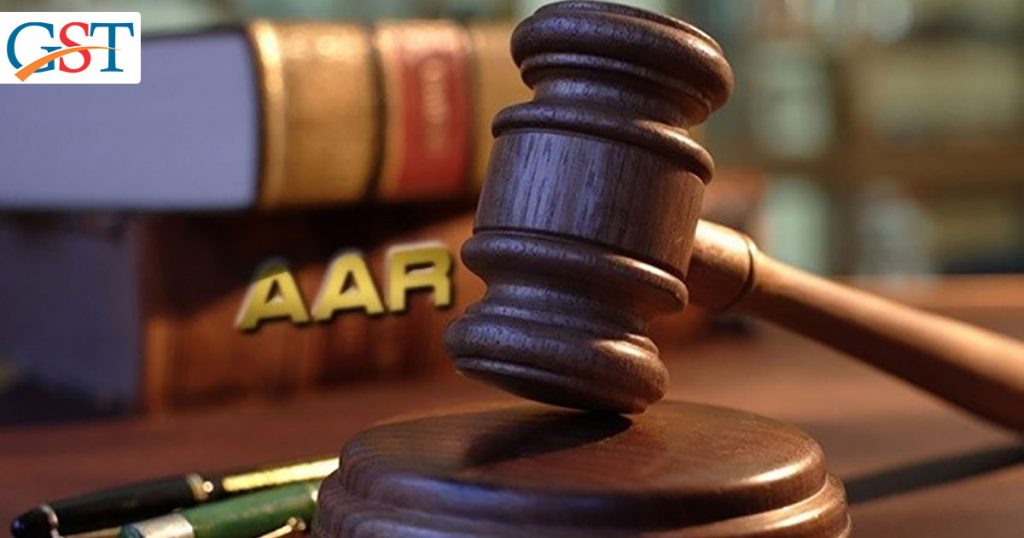
An AAR (authority for advance rulings) said that the companies can now take the benefits of ITC (Input Tax Credit) in the GST (Goods and Services Tax) reign even if the inputs that have to be paid between them comes from their books after making the amendments. The input also includes the tax that has to be paid.
The AARs Bengal Wing heard the verdict of a case involving the jewellery supplier-Senco Gold and made the rule. This company also operates many stores operated by the franchise.
Harpreet Singh, partner at KPMG said while explaining the case “the applicant raised tax invoices on the franchise for the supply of jewellery and for providing of franchisee support services”.
On the contrary, the franchise on the applicants also increased the tax invoice to furnish the old jewellery that the customers gave. The applicant plans to pay mutual loans via amendments made in the book.
To get the benefit of the ITC, the section 16 of the CGST Act made mandatory for the recipient to pay the amount of value of the supply to the supplier and as well as the tax must be paid within 180 days from the mentioned invoice date.
What did the Applicant Request for?
The applicant requested an advance ruling to accept the ITC (input tax credit) if he adjusts the loan made on the inward supply from the franchisee paid through book adjustment.
What did the AAR do?
AAR gave the applicants permission to do so. It stated that the applicant has to pay the number of inward supplies by adjusting the book debt.
It said that the payment of an asset is a transfer to the recipient for issuing the liability that emerges during the transactions of goods, or services or other legal obligations.
Read Also: GST Council to Set National Bench of AAAR Providing Certainty to Taxpayers
Mostly used asset for transaction payment is ‘money’ and other assets can also be used only if it is mentioned in the law. And also the payee must accept such mode for payment.
“While the ruling seems to provide a big relief to taxpayers, it needs to be seen whether the same would apply in cases where the supplier reduces its debt liability by offering discounts to its client, without a corresponding reduction in tax liability,” said Singh.